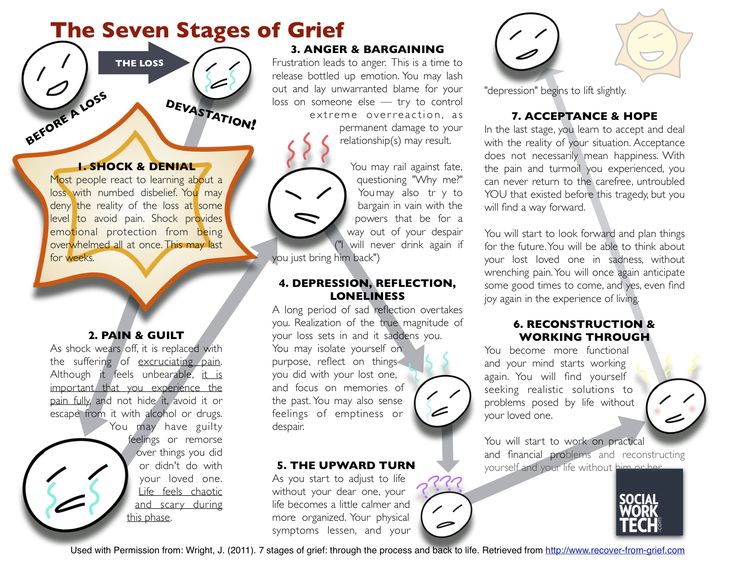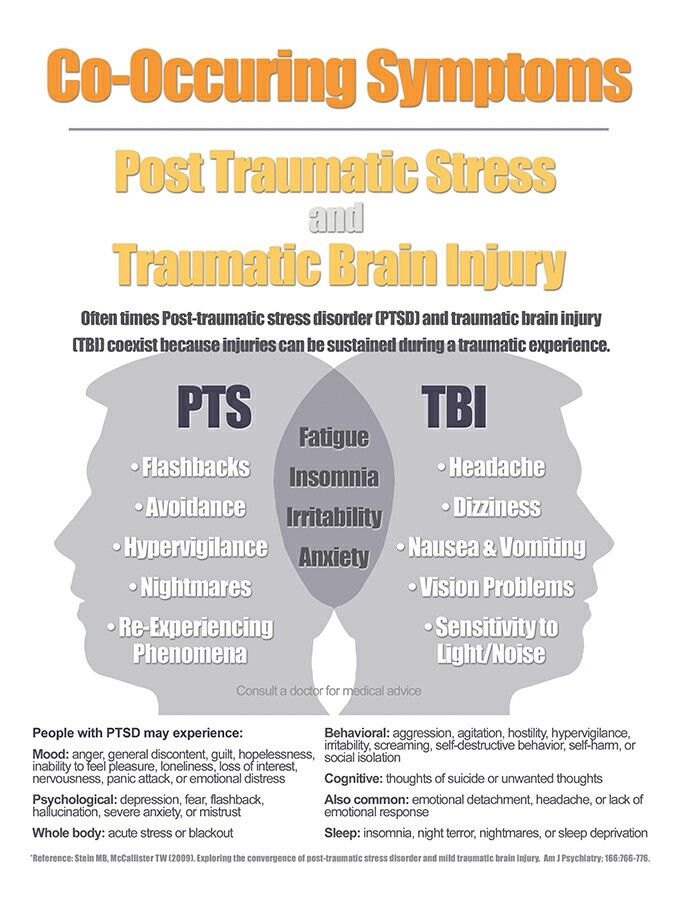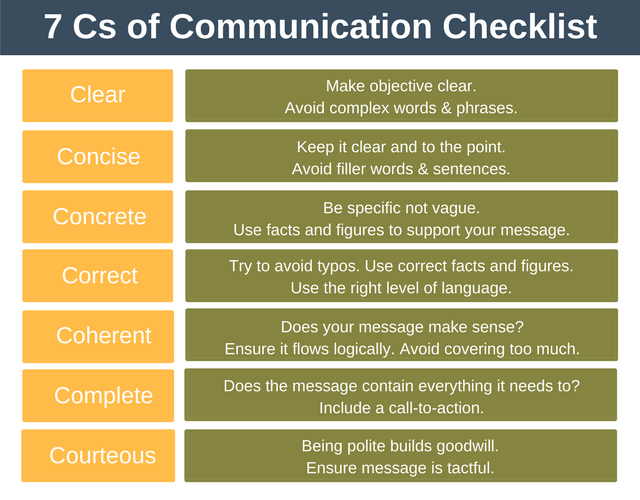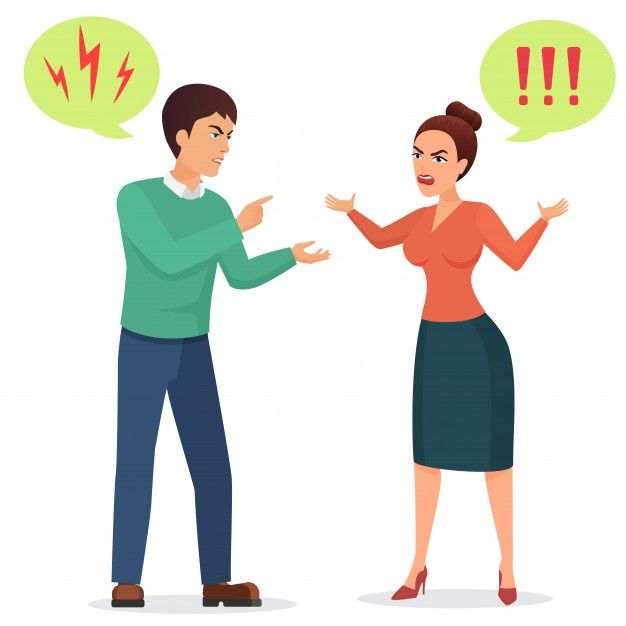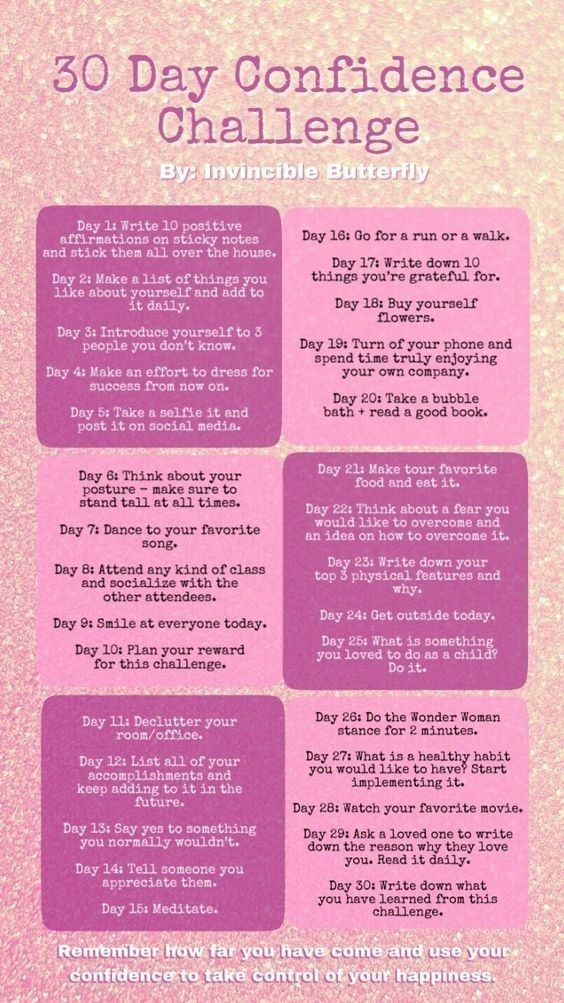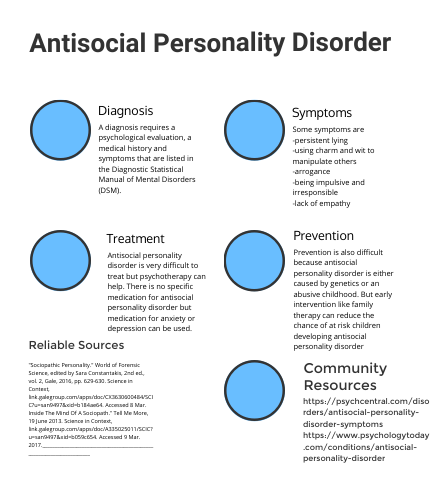Grieving a relationship that never was
How to Grieve Something That Never Was | by r.j. quirk
It’s important to honor and give life to your loss
Photo by Andrey Zvyagintsev on UnsplashGrief is associated with death but can also indicate a broader range of losses. The loss of something you never had, for example, is often the least validated of all types.
People frequently fail to acknowledge this kind of grief in others. Worse, beliefs learned in childhood might prevent you from recognizing your own sorrow.
Perhaps you are mourning the loss of a dream. Or, feeling bereavement for a missing relationship. No matter your specific never was, here are 5 suggestions for navigating the grief.
Always. But especially when others invalidate your loss.
Recognize that grief is involuntary and affirm your experiences. Accept your emotions as they come. Be patient with yourself. Lean into healthy, self-soothing behaviors.
Fostering self-compassion is a daily practice. One that will lead you through the depths of grief, and out the other side to a healthier you.
Grief isn’t something to get over. It is a call to be present and build a relationship with missing space. It is something to be continuously honored.
But Before this can happen, you must breathe life into what never was.
Name it. Explore it. Gain a full understanding of its dimensions. You deserve to experience the weight of what you are mourning. And once you have gifted yourself this bulk…
Sit with the size of your loss. You have just constructed the magnitude of your missing space. You have given yourself the tools to build a dialogue with your grief.
People often avoid feelings of pain and sadness accompanying grief. Unfortunately, resisting fixes these feelings on a loop where they demand to be heard.
Avoid the persistent knocking by scheduling time to grieve mindfully.
Go for morning (mourning) runs. Commit to daily journaling. Give yourself deep-think dishwashing time. Whatever works for you, do it, and do it intentionally.
By creating time to bear witness to our grief, we prevent it from burdening us at inconvenient times.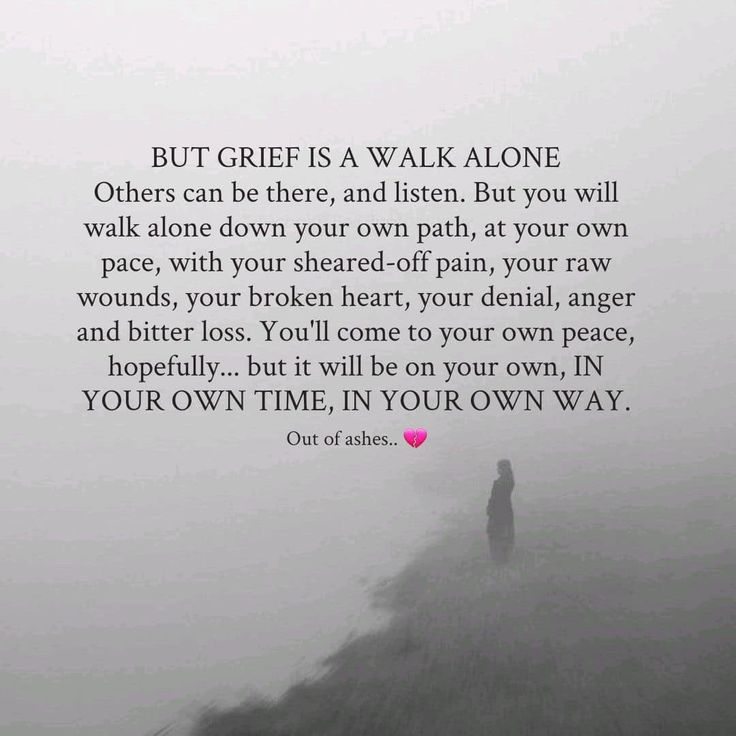 Little by little, we learn to hold healthy space for loss and limit unwanted effects.
Little by little, we learn to hold healthy space for loss and limit unwanted effects.
We become the stories we tell ourselves. How does the story of your loss impact the person you are becoming?
Chances are, your grief narrative has narrowed your world.
When our stories shrink us, we lose the ability to lean into the good in our lives. Our most complex and beautiful selves deteriorate into single stories delivered from loss.
By reframing the narrative of your loss, you stand to expand your world and gain clarity.
While gratitude will not take away the pain of your loss, it will add to the quality of your life.
Happiness is like a muscle. The more you flex it, the more accessible it will be on-demand. Exercises such as gratitude journaling are essential tools for discovering daily happiness.
Remember that grief is not a linear process. By seeking gratitude you will be more equipped to ride through the highs and lows of your journey. You will be able to center yourself and appreciate the moments as they come.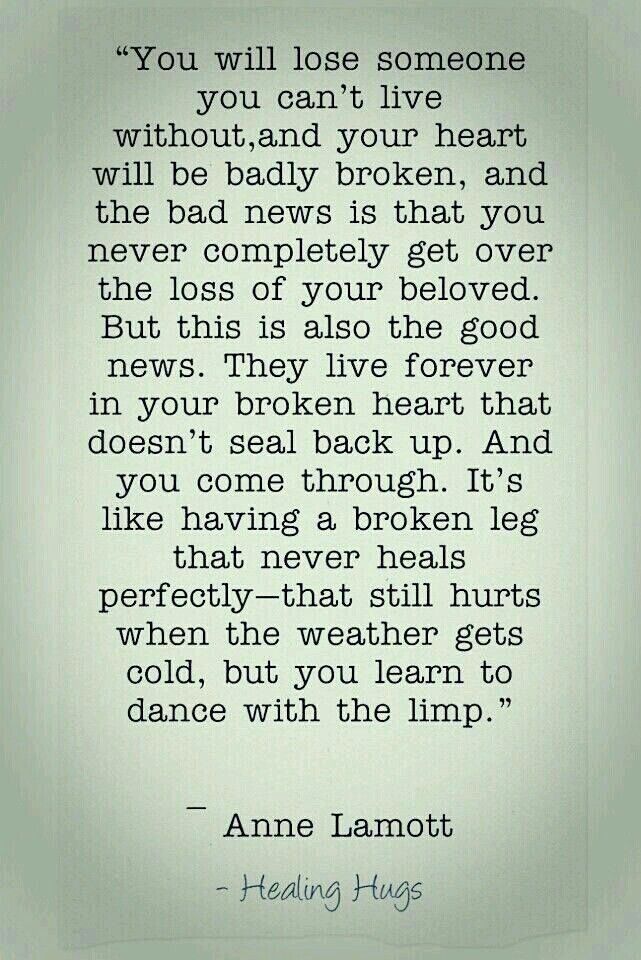
Your grief is valid, no matter how tangible the loss. Give life to it. Honor it.
Each journey is unique, but you have the power to guide your path in a positive direction. Treat yourself gently, grieve mindfully, reframe your narrative, and seek gratitude.
By focusing on internal work, you set yourself up for a constructive future. It might not be easy, feel proud of yourself every step of the way.
An Injustice!
A new intersectional publication, geared towards voices, values, and identities!
medium.com
Getting Over Someone You Were Never In A Relationship With Is Extra Hard & Here's Why
Dating
by Annie Foskett
STOCKSY / CLAUDIA GUARIGLIA
An official relationship is not a prerequisite for a broken heart. The proof is in the lengthy journal entry you penned with milky gel pen when your fifth-grade crush asked out the long-haired blonde instead of you. I know that I've been in plenty of situationships, half-relationships, and "unofficial" relationships, and yet I've still had my heart demolished. Getting over someone you never were in a relationship with is sometimes even harder than getting over someone you officially, exclusively dated.
I know that I've been in plenty of situationships, half-relationships, and "unofficial" relationships, and yet I've still had my heart demolished. Getting over someone you never were in a relationship with is sometimes even harder than getting over someone you officially, exclusively dated.
I'm not just saying that to make you, or me, or fifth-grade me feel better —I've actually talked about this quite a bit with my therapist. It's 2018, and everyone is a bit label-phobic these days, myself included. When I don't actually enter a full-on, "serious" relationship with a person, and that "whatever" ends, I feel devastated not only over the loss of the person I cared for, but over the fact that I never really got to try things out all the way to see how great they might be. When you end a half-relationship, you mourn not only a person, but a possibility. It's both sad and frustrating.
And if you're still unconvinced that it's completely normal to have a hard time getting over someone you weren't in a relationship with, I'm going to prove it to you by delving into some of the psychology behind it.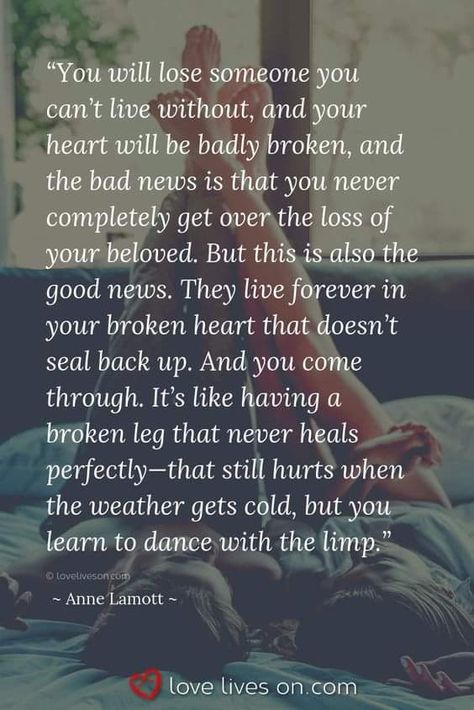 I spoke to relationship expert and coach Kathryn Mitchem about why we might mourn someone we dated or had a "halfsie" or any other undefined relationship just as we would a long-term relationship.
I spoke to relationship expert and coach Kathryn Mitchem about why we might mourn someone we dated or had a "halfsie" or any other undefined relationship just as we would a long-term relationship.
Your Brain Doesn't Necessarily Differentiate Between Relationships
Of course on one level, you know whether or not you and your romantic partner had the "what are we?" talk. But that label doesn't really change the way you emotionally process the connection you two had. Your brain might have a harder time telling the difference between "official" and "unofficial" relationships.
"The reason that our brain psychologically has trouble getting over this type of relationship is that the brain does not know the difference between fantasy and reality," explains Mitchem. "If you have spent hours or even days imagining what your life would be like with this person, then when the 'relationship' ends, the brain registers the same amount of grief as it would with and actual relationship ending. "
"
And my own two cents? If you've only had the fantasy long-term relationship with this person, and not the fights and nitpicking that come with an actual relationship, there will only be good "memories" to hold onto.
But this ability to fantasize can be a good skill to have. "You can use this function to work for you, rather than against you in the future," explains Mitchem. "If it is a loving, committed, genuine relationship that you want, use the power of the mind to visualize this relationship by writing down all of the things that are important to you in a partner."
Often, The Grief Goes Back To Our Childhood
When it comes to people you weren't in a relationship with, but are having a hard time getting over, the reason it feels so difficult to you might stem all the way back to your childhood memories. "It's difficult to get over them because they remind us of the longing for love that we had, and never received, in our childhood," explains Mitchem. "We are drawn to people and situations that mirror our unresolved wounds, so these are deeply ingrained in all levels of our psyche. "
"
"But my parents were available!" you might be thinking. "They always came to my soccer games!" Well, same, but sometimes these patterns stem from smaller moments of our childhood in which a parent wasn't available to us. "It's difficult to get over chasing this kind of fantasy love because it seems so familiar to us," says Mitchem. "We try to fill an empty hole in ourselves that never got filled in childhood, thus chasing fantasy or unavailable partners."
If you are in the awful predicament of having an extremely hard time getting over someone you sort of dated, I want to remind you that time really does heal, but it takes a lot of it. Mitchem adds that seeking out therapy, journaling, trying yoga or meditation, and practicing "radical self-love" can help you change this pattern, so that you begin to seek out partners that exist fully outside of a fantasy.
I am the first to roll my eyes at anything remotely "wellness" or "woo woo" — I drink coffee and love a martini, damnit! However, last year when I struggled to get over a half-relationship, that loss was put in perspective when I was utterly devastated by the loss of my mother to cancer.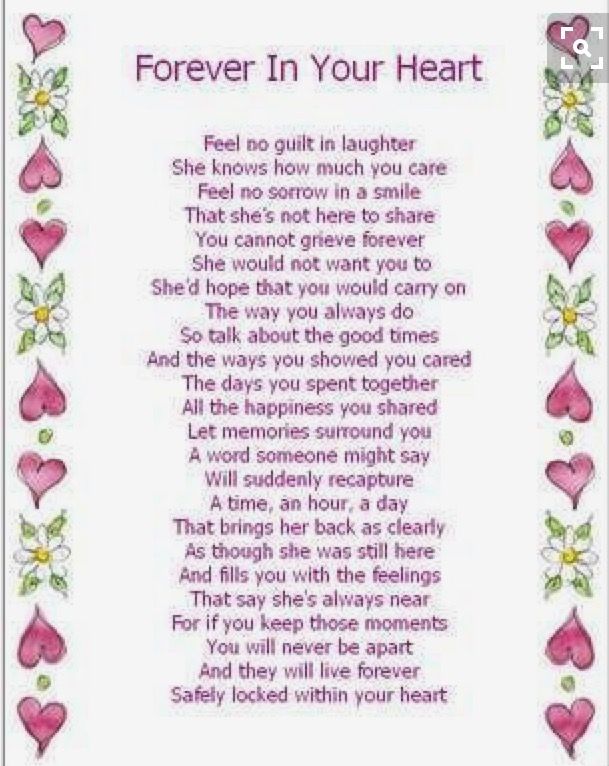 The only things that kept me going were things like yoga, mindfulness, therapy, and friendship. Take care of yourself, be patient with yourself, and let yourself feel the feelings! You've got this.
The only things that kept me going were things like yoga, mindfulness, therapy, and friendship. Take care of yourself, be patient with yourself, and let yourself feel the feelings! You've got this.
Test for love. Save your life so you don't mourn yours later... | Psychology and relationships | Health
We are talking about the psychological consequences of abortion with psychologist, Candidate of Psychological Sciences Valery PARKHOMOVICH, head of the Department of Psychology at the Academy of Postgraduate Education .
- In most cases, abortion separates people. Is it possible to "resuscitate" the relationship if the initiator of the abortion was a man?
- It would be wrong to say that divorce is only a consequence of an abortion. Divorce, however, like abortion, is often the result of a relationship between a man and a woman. Abortion is a catalyst for relationships in a couple. If the relationship is bad, he aggravates it. If the relationship was harmonious before the abortion (for example, the termination of pregnancy was carried out for medical reasons), then the loss of a child unites and strengthens many people. At the same time, for whatever reason this act was committed, it is always psychologically traumatic. And any psychological trauma in the family entails an aggravation of relations, a revision of values. Such a revision is always painful and takes the couple to a new level of interaction. Another question is in which direction the couple will move - towards the end of the relationship or their positive development. In other words, the consequences of abortion are expressed in an attempt to solve a number of psychological problems. This is always a dramatic situation for a family, its verification, a test, regardless of who initiated the abortion. nine0003
If the relationship was harmonious before the abortion (for example, the termination of pregnancy was carried out for medical reasons), then the loss of a child unites and strengthens many people. At the same time, for whatever reason this act was committed, it is always psychologically traumatic. And any psychological trauma in the family entails an aggravation of relations, a revision of values. Such a revision is always painful and takes the couple to a new level of interaction. Another question is in which direction the couple will move - towards the end of the relationship or their positive development. In other words, the consequences of abortion are expressed in an attempt to solve a number of psychological problems. This is always a dramatic situation for a family, its verification, a test, regardless of who initiated the abortion. nine0003
You have the last word
- Arguments for or against often come from parents, friends, society, but who is responsible for saving life: a woman?
- Both parents bear equal responsibility, each in their own way, but in our tradition the woman has the last word.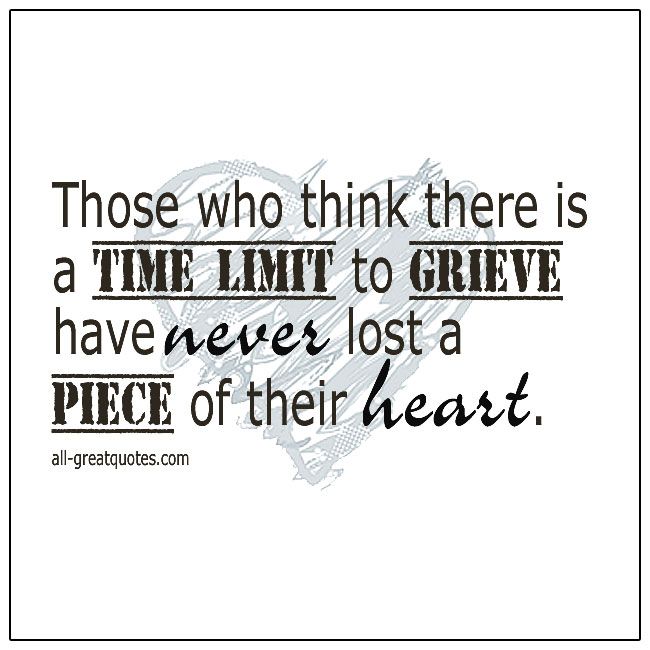 .. In general, people have a specific attitude to abortion in modern life, most often utilitarian - based on whether the child is comfortable or not Currently. In such a position there is no responsibility to life, but there is egocentrism. At the same time, the attitude to the fact of pregnancy is not serious: the fetus is often perceived as something abstract, intangible, as a subhuman. Hence the idea that if a child is not born, then this is not death at all. Why grieve over just two cells, a fetus or an embryo, as the doctors call it, before the early weeks of pregnancy? Interruption up to 12 weeks is commonly called a "vacuum", but not an abortion. Meanwhile, the loss of a child for a couple is still a loss. Loss of expectations, hopes, ideas associated with the child and oneself. After all, many before the first abortion were sure that they would never do this. This is a painful choice that determines our fidelity to our ideas about ourselves, which, as a result of an abortion, can be significantly shaken.
.. In general, people have a specific attitude to abortion in modern life, most often utilitarian - based on whether the child is comfortable or not Currently. In such a position there is no responsibility to life, but there is egocentrism. At the same time, the attitude to the fact of pregnancy is not serious: the fetus is often perceived as something abstract, intangible, as a subhuman. Hence the idea that if a child is not born, then this is not death at all. Why grieve over just two cells, a fetus or an embryo, as the doctors call it, before the early weeks of pregnancy? Interruption up to 12 weeks is commonly called a "vacuum", but not an abortion. Meanwhile, the loss of a child for a couple is still a loss. Loss of expectations, hopes, ideas associated with the child and oneself. After all, many before the first abortion were sure that they would never do this. This is a painful choice that determines our fidelity to our ideas about ourselves, which, as a result of an abortion, can be significantly shaken. nine0003
nine0003
People around, pushing a couple to have an abortion, often devalue the pregnancy, guided by their own very utilitarian goals: to save face in front of people; do not take on additional responsibility in organizing family assistance; covertly or openly express disapproval towards one of the spouses, etc.
| ACCENT |
| why subject abortion in our society - some taboo, committed deed hide away into the subconscious One of the reasons is the prevalence of hedonistic beliefs in society. Sexual pleasure is one of the powerful components of these beliefs. A person does not want to think about the fact that sometimes you have to pay a serious price for the consequences. The second reason is the tendency inherent in the vast majority of people to hush up sharp, frightening questions that do not have unambiguous answers: death, illness, sick children. The topic of abortion is taboo also because people are unable or simply do not know how to support women grieving after abortions. Often, relatives do not seek to support a woman, but rather make them stop crying in front of their eyes, so that they can feel comfortable again. There is one more important problem. Abortion allows medical institutions to receive a constant income, which in our rational world is essential. nine0003 |
Even after an abortion, when a woman or a couple mourns their loss, others continue to devalue the feelings of the mourner: “Nonsense, you will give birth, you are young. You will have more children." But it's not about the lost wallet, after all. It turns out that such “support” only exacerbates the depressive state.
How to support?
- How can a woman be helped in a situation of psychological pressure from others? nine0006
- Our emotions most often prompt the answer. First, you need to simulate two situations in your head: you leave the maternity hospital with a child, or you return from a consultation after a “vacuum”. Compare emotions in one case (joy, rethinking and the birth of a new life) and in the second (feeling of betrayal, burdensomeness, loss). This helps a lot of people make the right decision. If a woman wants a child, and others push her to have an abortion, then all her life she will blame both herself and those around her. Myself - for being faint-hearted and giving up my desires for the sake of others, and theirs - for having so rudely interfered in the most intimate sphere of human relations - the nascent relationship between mother and child ... It is very difficult to bear guilt before an unborn child and before yourself. nine0003
This helps a lot of people make the right decision. If a woman wants a child, and others push her to have an abortion, then all her life she will blame both herself and those around her. Myself - for being faint-hearted and giving up my desires for the sake of others, and theirs - for having so rudely interfered in the most intimate sphere of human relations - the nascent relationship between mother and child ... It is very difficult to bear guilt before an unborn child and before yourself. nine0003
The situation in which women leave the consultation after an abortion is very indicative. Depressed mood, tears, accusations of men, etc. As a result, anger towards a partner, an experience of loneliness, a feeling of betrayal of a life that was born. They leave with a feeling of an unrealized maternal function: to protect the fetus. Some subsequently begin to abuse alcohol, treat men with aggression and distrust. This page cannot be torn out of life, no matter how we try to compensate for the loss - with other children or something else. This can be compared to the amputation of a finger on the hand: four fingers can no longer replace five. nine0003
This can be compared to the amputation of a finger on the hand: four fingers can no longer replace five. nine0003
The post-abortion state can last for years. Often women, even in old age, remember well all their abortions. No matter how a person reassures himself, for whatever reasons he refuses to have a child, he will pay for his mistakes himself. Often priests say: it happens that a woman repented, her confession was accepted, her permissive prayer was read, but she still returns to the topic of abortion and atonement - and walks in this circle.
Inability to love
- In a woman's experience - "to be or not to be" a baby - there is often a fear of an uncertain future and responsibility ...
- We in one way or another experience fears before the birth of a new person. We are afraid of the birth itself, then we are afraid to redistribute or underdistribute our time and attention, there is a breakdown of priorities and values. A child appears - the parent is forced to subordinate his life to him and fall out of the usual life course.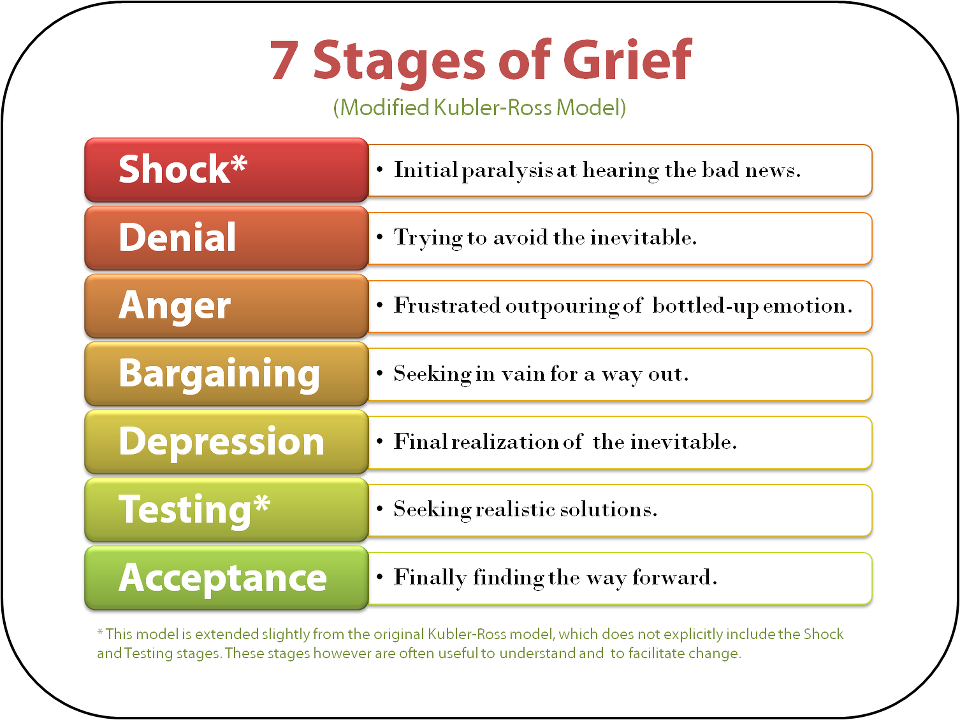 Plus, the loss of security is frightening. Many say: “We won’t be able to give a child a good education, he will drag out the same miserable existence as we do, so let him not be born at all.” Strange thinking. We do not think about how to change our life, we deprive another of the opportunity to live. Our pessimism in this case becomes murderous. We forget that the child, having matured, will be able to change his life for the better, even if we are not able to provide him with this future. However, when we decide to have an abortion, we deprive him of this opportunity as well. In addition, it is far from a secret: children, first of all, need not newfangled accessories, but parental love. This is the main condition for their happiness, and not the opportunity to study somewhere abroad. And then the problem comes down to the age-old question: are we capable of love? Maybe, hiding behind material failures, social problems, we just justify our inability to love? Life tests us with the help of such dilemmas, and if we don’t pass this test, then we mentally return to it and try to prove to ourselves: “I’m good, kind, I can pass the exam again.
Plus, the loss of security is frightening. Many say: “We won’t be able to give a child a good education, he will drag out the same miserable existence as we do, so let him not be born at all.” Strange thinking. We do not think about how to change our life, we deprive another of the opportunity to live. Our pessimism in this case becomes murderous. We forget that the child, having matured, will be able to change his life for the better, even if we are not able to provide him with this future. However, when we decide to have an abortion, we deprive him of this opportunity as well. In addition, it is far from a secret: children, first of all, need not newfangled accessories, but parental love. This is the main condition for their happiness, and not the opportunity to study somewhere abroad. And then the problem comes down to the age-old question: are we capable of love? Maybe, hiding behind material failures, social problems, we just justify our inability to love? Life tests us with the help of such dilemmas, and if we don’t pass this test, then we mentally return to it and try to prove to ourselves: “I’m good, kind, I can pass the exam again. ” But life may not provide repeated chances to prove the most important human ability - to love. nine0003
” But life may not provide repeated chances to prove the most important human ability - to love. nine0003
Tatyana SHIMK
How to stop thinking about a person: 5 tips from a psychologist
Health
© MART PRODUCTION/Pexels
Author Alexander Artamonov
April 23, 2022
Obsession with a former partner or a person who does not reciprocate can unsettle, but it is not so difficult to cope with it
Dramatically broken relationships and broken hearts in the practice of psychologists are quite common. Often, after unpleasant events, the image of a person does not leave the head for a long time, and disappointment only feeds constant thoughts about him. But sooner or later, a new life will begin - we tell you how to bring this moment closer and benefit from experiences. nine0003
- Why does a person not get out of his head
- How to stop thinking about a person
- What to do if nothing helps
Margarita Eremina, psychologist, psychotherapist at the Center for Cognitive Therapy;
Svetlana Makhova, psychotherapist, specialist of the service for the selection of psychologists Alter
Advertising on RBC www.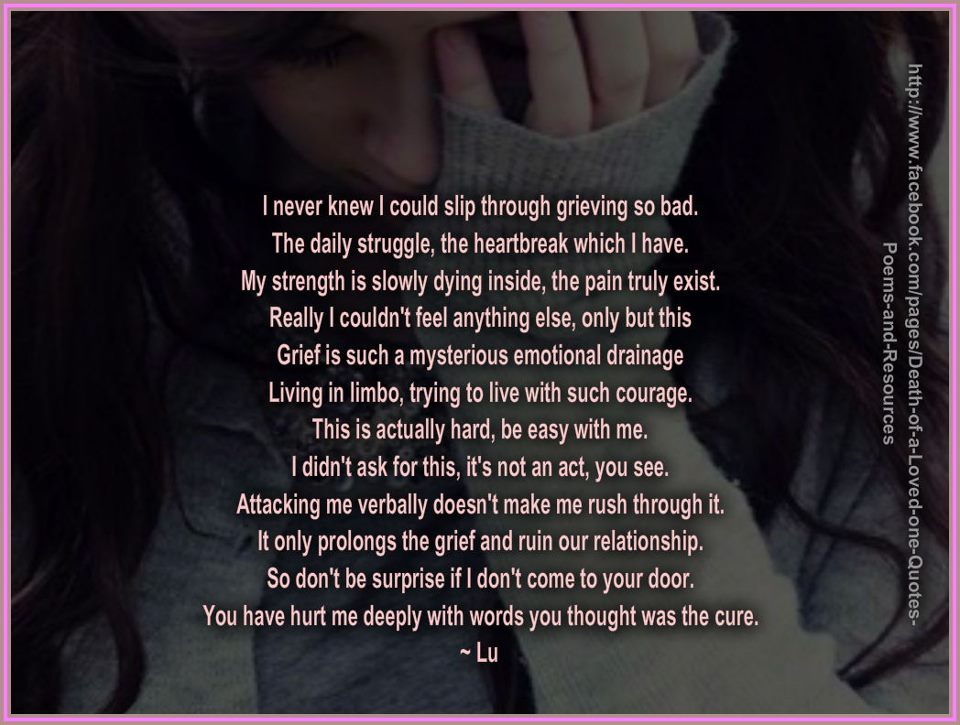 adv.rbc.ru
adv.rbc.ru
Why a person doesn't get out of your head
You want to forget about a person, but he doesn't get out of your head. You do not find a place for yourself from these obsessive thoughts. It may seem that you are going crazy - but psychologists say that in general this is a completely normal state. nine0003
Margarita Eremina, psychologist, psychotherapist, Center for Cognitive Therapy
“For a person, a relationship does not end when a physical separation occurs. There is a natural process of mourning. We can continue to have dialogues with this person in our head, constantly remember him. This does not mean that there is something wrong with us. After all, most likely, we are talking about someone significant, about a person with whom we had an important relationship, an attachment was formed that cannot disappear in one moment. If the relationship was long, then this period of mourning can last about a year. Gradually, the acute phase will inevitably pass - then you can begin to change your life: try new things and meet new people.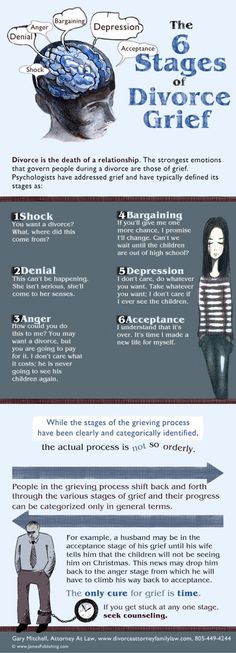 nine0003
nine0003
Svetlana Makhova, psychotherapist, specialist of the service for the selection of psychologists Alter
“A person can not get out of your thoughts because of the Zeigarnik effect. This is a phenomenon in which unfinished actions and events are deposited in memory in the first place. In the case of another person, this works if you have unfulfilled expectations from him, which either have not yet been fulfilled, or which are not destined to happen in principle - as in the case of a breakup or unrequited love. nine0003
In addition to situations related to romantic relationships, a person may not get out of your thoughts for several other reasons:
- if you are involved in solving the problems of another and expect mutual help from him;
- if you feel guilty towards another;
- if you are impressed, intrigued by someone, but could not understand him;
- if you expect certain things from a person.”
How to stop thinking about a person
First of all, you need to accept the fact that constantly thinking about a person in such a situation is natural, and stop forcing yourself to get rid of such thoughts
© Nik Shuliahin/Unsplash
“The first step is to accept the fact that constantly thinking about a person in such a situation is natural, and stop forcing yourself to get rid of such thoughts.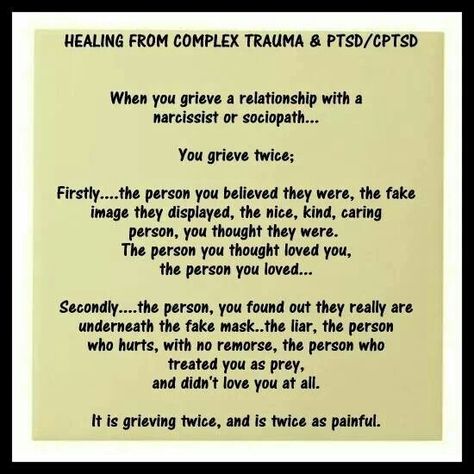 Often such memories and thoughts can be painful. But it is important to allow yourself to live through this pain in order to move on. It is perfectly normal if the memories can come in a painful wave from time to time. The main thing is that each time these waves become smaller, and one stage of mourning is replaced by another. nine0003
Often such memories and thoughts can be painful. But it is important to allow yourself to live through this pain in order to move on. It is perfectly normal if the memories can come in a painful wave from time to time. The main thing is that each time these waves become smaller, and one stage of mourning is replaced by another. nine0003
2. Accept the current situation as a fact
In order to overcome difficulties, one must first come to terms with their existence. For example, if we are talking about a breakup, you need to accept that it happened, let the person go and start living on.
Svetlana Makhova:
“It is very important to mourn what has been lost, to mourn that it never happened. Accept the fact that this person is no longer in your life. Our expectations generate potential for action. And this potential does not dry up until we either consciously give up what we want because of irrelevance, or we don’t get it, that is, we don’t close the gestalt.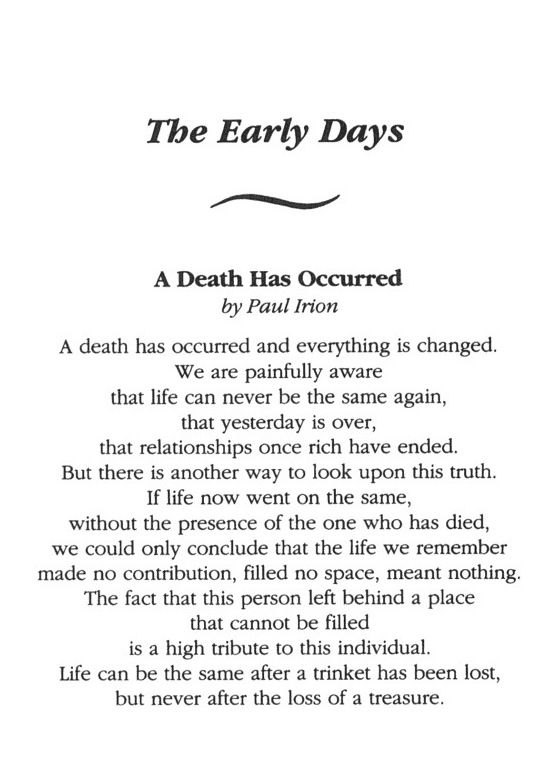 Suppressed emotions, unexpressed resentments, remorse and guilt often do not give us the opportunity to act: either get closer to a person or let him go. nine0003
Suppressed emotions, unexpressed resentments, remorse and guilt often do not give us the opportunity to act: either get closer to a person or let him go. nine0003
3. Reflect on relationships
It is important to structure your thoughts about a person and make them part of your experience
© Giulia Bertelli/Unsplash
Often in such thoughts a person appears as the sum of his own extremes - either bad or good. Often this picture is not true and confuses us. It is important to structure your thoughts about the person and make them part of your experience.
Svetlana Makhova:
“If you are going through a breakup, take a sheet of paper and divide it into two columns. In one, express your indignation, write down everything that you could not get in this relationship. In another column, write about what was good for you with this person and what you lost. Thanks to the experience you had with him, here is a list of what is important to get in a relationship - it will come in handy when you start building new ones. nine0003
nine0003
Margarita Eremina:
“It will be useful to find answers to questions about what was important in these relationships. What is missing now? What was not said, not spoken? What are the exact moments you return to in your thoughts?
4. Let go of the thought that it happened because of your qualities
Very often people who experience rejection or a relationship breakup start looking for the cause in their shortcomings
© Kelly Sikkema/Unsplash
Often people who are faced with rejection or a breakup of relationships begin to look for the cause in their shortcomings. This is a simple explanation that is easy to accept, but it does not always correspond to the truth and sometimes only prevents you from drawing the right conclusions from the situation.
Svetlana Makhova:
“People who were often told in their childhood, “You will get what you want if you behave well, do what you are told,” are especially inclined to think like this.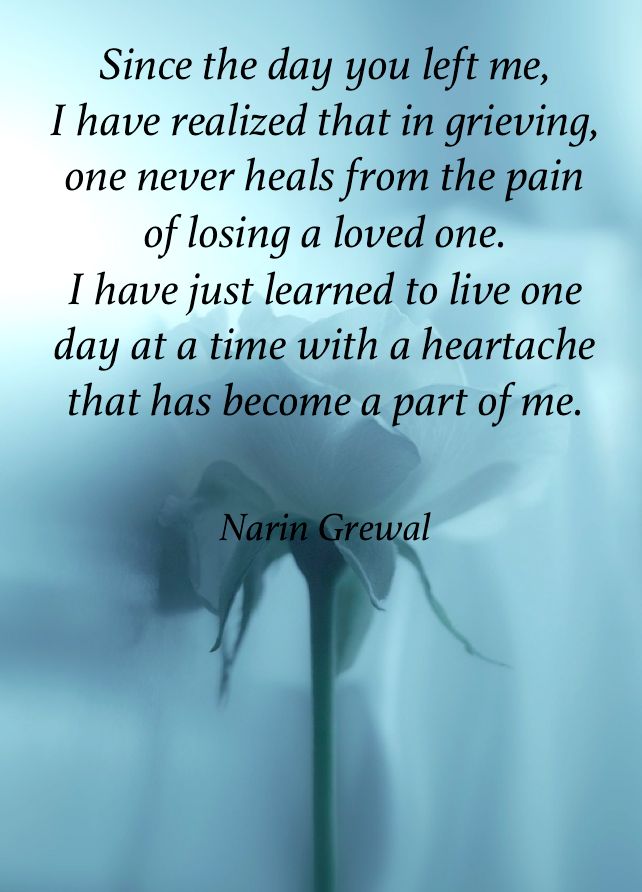 ” In adulthood, they continue to believe that if they behave well, then no one will be able to refuse them. But it's important to realize that there is no correlation between failure and being "good." We may be refused because the other does not have the opportunity, he does not want or cannot give what he wants. Refusal is the will of the other, which must be respected. And remember that a direct rejection empowers us - we have a chance to knock on other doors. nine0003
” In adulthood, they continue to believe that if they behave well, then no one will be able to refuse them. But it's important to realize that there is no correlation between failure and being "good." We may be refused because the other does not have the opportunity, he does not want or cannot give what he wants. Refusal is the will of the other, which must be respected. And remember that a direct rejection empowers us - we have a chance to knock on other doors. nine0003
5. Don't count on reciprocity by default
Some people tend to think that if they help another person, that person should reciprocate. But often in life everything is much more complicated, and if we do not get what we expect from a person, then we fixate on him.
Svetlana Makhova:
“A person may not be able or willing to pay the price you expect from him in gratitude for his help. Therefore, before entering into a relationship, it is important to be clear about mutual expectations.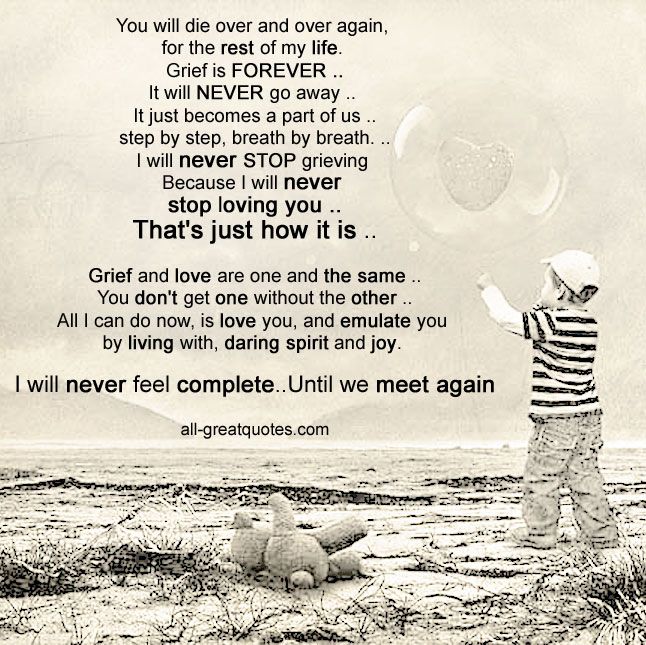 The same rule applies when you are intrigued by someone. Do not fantasize about what he meant - instead, just ask the person about his intentions, express your feelings to him. nine0003
The same rule applies when you are intrigued by someone. Do not fantasize about what he meant - instead, just ask the person about his intentions, express your feelings to him. nine0003
What to do if nothing helps
If the acute phase of mourning does not go away, then depression can set in, and the sooner help is sought, the sooner the person will feel better
© Cottonbro/Pexels
It's been a long time, but the grief never passed, the obsessive thoughts about the person did not disappear, and perhaps only became even more painful. What to do? Experts agree that it is worth going to a psychologist.
Margarita Eremina:
“If the acute phase of mourning does not go away, depression can set in, and the sooner he seeks help, the sooner he will feel better.”
Svetlana Makhova:
“A psychologist will help you express your feelings, find the source of potential — your hidden, but never fulfilled desires, and close the gestalt — let go or fulfill what you want.
 If we talk about these consequences loudly and publicly, then the philosophy of pleasure can crumble like a house of cards. In addition, the philosophy of enjoyment does not testify in favor of our spiritual level. And it’s somehow not easy for our cultural society to admit to a lack of spirituality. In the center of public consciousness - career, success, again, enjoyment. In this sense, we are hiding from the serious issues of being behind the famous slogan: "Bread and circuses!", We have not gone anywhere from ancient civilizations, despite our imaginary culture. nine0003
If we talk about these consequences loudly and publicly, then the philosophy of pleasure can crumble like a house of cards. In addition, the philosophy of enjoyment does not testify in favor of our spiritual level. And it’s somehow not easy for our cultural society to admit to a lack of spirituality. In the center of public consciousness - career, success, again, enjoyment. In this sense, we are hiding from the serious issues of being behind the famous slogan: "Bread and circuses!", We have not gone anywhere from ancient civilizations, despite our imaginary culture. nine0003 